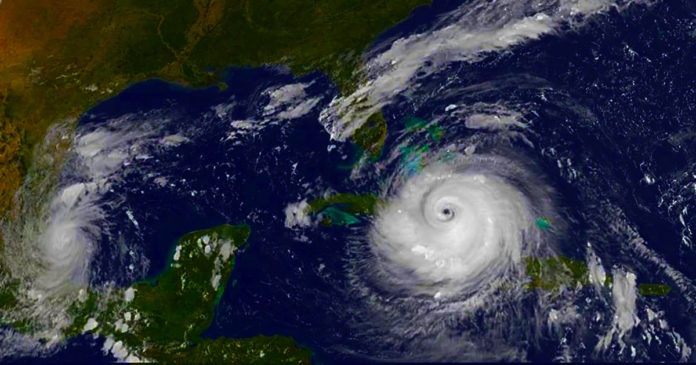The deaths of 12 residents at a Florida nursing home following a power failure in the wake of Hurricane Irma in September have been ruled as homicides.
Eight residents of The Rehabilitation Center at Hollywood Hills died after the nursing home lost power on Sept. 13, the Sun-Sentinel reported. Though facility was quickly evacuated, six more residents died in the weeks that followed.
The Broward County Medical Examiner’s ruled 12 of the 14 deaths as homicides last week, and it’s possible someone could be charged for them.
The tragic incident captured newspaper headlines across the U.S. It also prompted Florida Gov. Rick Scott to order skilled nursing facilities (SNFs) and assisted living communities throughout the state to install emergency generators—though a Florida judge struck down that rule last month.
Legal implications
Despite the high-profile nature of the deaths, such incidents are few and far between. And tragic as it was, what occurred in Florida probably won’t result in more homicide rulings for SNFs whose residents die, according to Bobby Guy, a Nashville-based attorney with law firm Polsinelli.
“Homicide is not a finding that’s likely to be applied to deaths in the nursing home context more often across the board,” Guy told SNN. “But, in high publicity events like this, I think skilled nursing providers need to recognize that they’re under significant scrutiny.”
Only in cases that involve multiple deaths brought about by similar circumstances will the Florida incident likely be cited as a precedent, said Nancy Reynolds, an attorney at national law firm LeClairRyan.
“If the stars align with multiple deaths, uncertain cause and a medical examiner review, then you may have a homicide finding, if the death is from an act or omission,” Reynolds told SNN.
Still, weather events, like the storms that wreaked havoc in Florida, Texas and Puerto Rico earlier this year, could strike elsewhere with similar effect. Going forward, skilled nursing providers should make sure their emergency preparedness plans are in good working order, Guy said.
“As we see more natural disasters, I think nursing homes need to be concerned this situation could come up more,” he added. “Often, this sort of tragedy highlights the need for improvement.”
SNF providers are already required to follow the new emergency preparedness guidelines from the Center for Medicare and Medicaid Services (CMS).
The guidelines, which took effect on Nov. 16, require heath care providers across 17 settings to have an all-hazards emergency plan with related policies and procedures; follow a communication strategy that adheres to federal and state laws and includes other area providers; and implement adequate training programs and drills.
Written by Tim Regan



